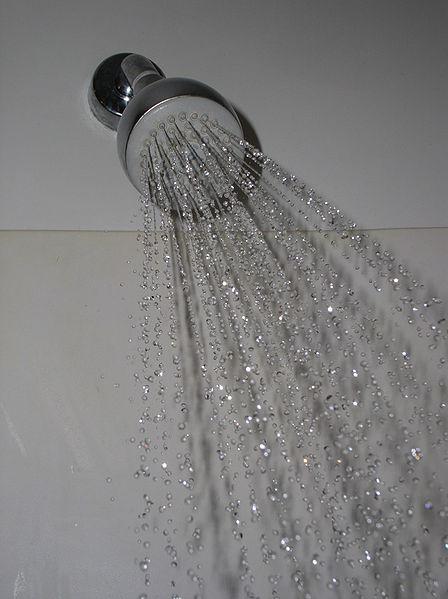- News
- Reviews
- Bikes
- Accessories
- Accessories - misc
- Computer mounts
- Bags
- Bar ends
- Bike bags & cases
- Bottle cages
- Bottles
- Cameras
- Car racks
- Child seats
- Computers
- Glasses
- GPS units
- Helmets
- Lights - front
- Lights - rear
- Lights - sets
- Locks
- Mirrors
- Mudguards
- Racks
- Pumps & CO2 inflators
- Puncture kits
- Reflectives
- Smart watches
- Stands and racks
- Trailers
- Clothing
- Components
- Bar tape & grips
- Bottom brackets
- Brake & gear cables
- Brake & STI levers
- Brake pads & spares
- Brakes
- Cassettes & freewheels
- Chains
- Chainsets & chainrings
- Derailleurs - front
- Derailleurs - rear
- Forks
- Gear levers & shifters
- Groupsets
- Handlebars & extensions
- Headsets
- Hubs
- Inner tubes
- Pedals
- Quick releases & skewers
- Saddles
- Seatposts
- Stems
- Wheels
- Tyres
- Health, fitness and nutrition
- Tools and workshop
- Miscellaneous
- Cross country mountain bikes
- Tubeless valves
- Buyers Guides
- Features
- Forum
- Recommends
- Podcast
news
 Shower.jpg
Shower.jpgChilly end to race day helps maintain performance
A cold bath after a long spell in the saddle helps sports cyclists recover faster, a new study from Australia has shown.
Looking forward to a hot bath and a long soak was the traditional way of unwinding after a tough ride, but not any more it seems.
According to Dr Joanna Valle, of the Australian Institute of Sport in Canberra, the hot bath is only slightly better than simply sitting down and resting when it comes to maintaining performance.
On the other hand, a chilly dip and alternating between hot and cold water aids a much faster recovery than previously thought. Some pros already do this, ending every post ride shower by turning on the cold – no matter what the weather they've just ridden through, last year's Tour winner Carlos Sastre is a notable exponent of this approach.
Dr Valle and her research colleagues compared the effectiveness of different water temperatures and simple resting using 12 male cyclists undertaking strenuous exercise, similar to the performances on multiple days required in stage racing.
The 12 riders completed a five-day "fatigue-inducing" cycle of exercises, four times each, with nine days' rest between each cycle. The athletes used one of four recovery strategies after each day of exercise: immersion in a 15 degree C (59 degree F) pool for 14 minutes; immersion in 38 degree C (100.4 degree F) water for 14 minutes; alternating between cool and hot water every minute for 14 minutes; or 14 minutes of rest.
Cyclists' sprint and time trial performance was maintained or slightly improved with cool water immersion and contrast water therapy, but both declined with hot water dips or rest only, the researchers found.
Cold water improved sprint performance by 0.5 to 2.2 percent and time trial performance by 0.1 to 1.0 per cent, while contrast water therapy improved sprint and time trial performance by 0.1 to 1.4 per cent and 0.0 to 1.7 per cent, respectively. Sprint performance fell by up to 3.7 per cent with hot water immersion, and time trial performance dropped by up to 3.4 per cent, only slightly less than was seen with rest only.
According to the team, the findings "suggest that cold water immersion and contrast water therapy may be beneficial recovery interventions following and between events such as track cycling where the task requires short maximal efforts, as well as longer events such as stage races where the task requires continuous high-intensity efforts on successive days.”
Speak for yourself....
Public path across Christchurch civic centre car park could stop sale, claims Friar’s Cliff Residents Association...
Morrisons supermarket car park cordoned off after car crash https://www.theargus.co.uk/news/25002751.morrisons-supermarket-car-park-...
It sounds like the shoes you have are the Boa L6, and they work well, although the Li2 is better, especially with dual-dial shoes. ...
I'm going to admit that I thought that [sic] was an indication of a spelling mistake .. and only after looking it up, I realise that I was *sort*...
This is a confusing 'roundabout'...
I wouldn't be so sure that he'll get away with this just because cops routinely shoot people and get off. The law is very different as effectively...
What he wrote is a direct word for word quote from the King James Bible, one of the very greatest achievements of written English in the history of...
From what I understood from lawyers, there's nothing preventing a charge of manslaughter being applied in addition to death by dangerous driving...
Nocturnal implementation isn't ideal but I think your final sentence captures why it was probably necessary....